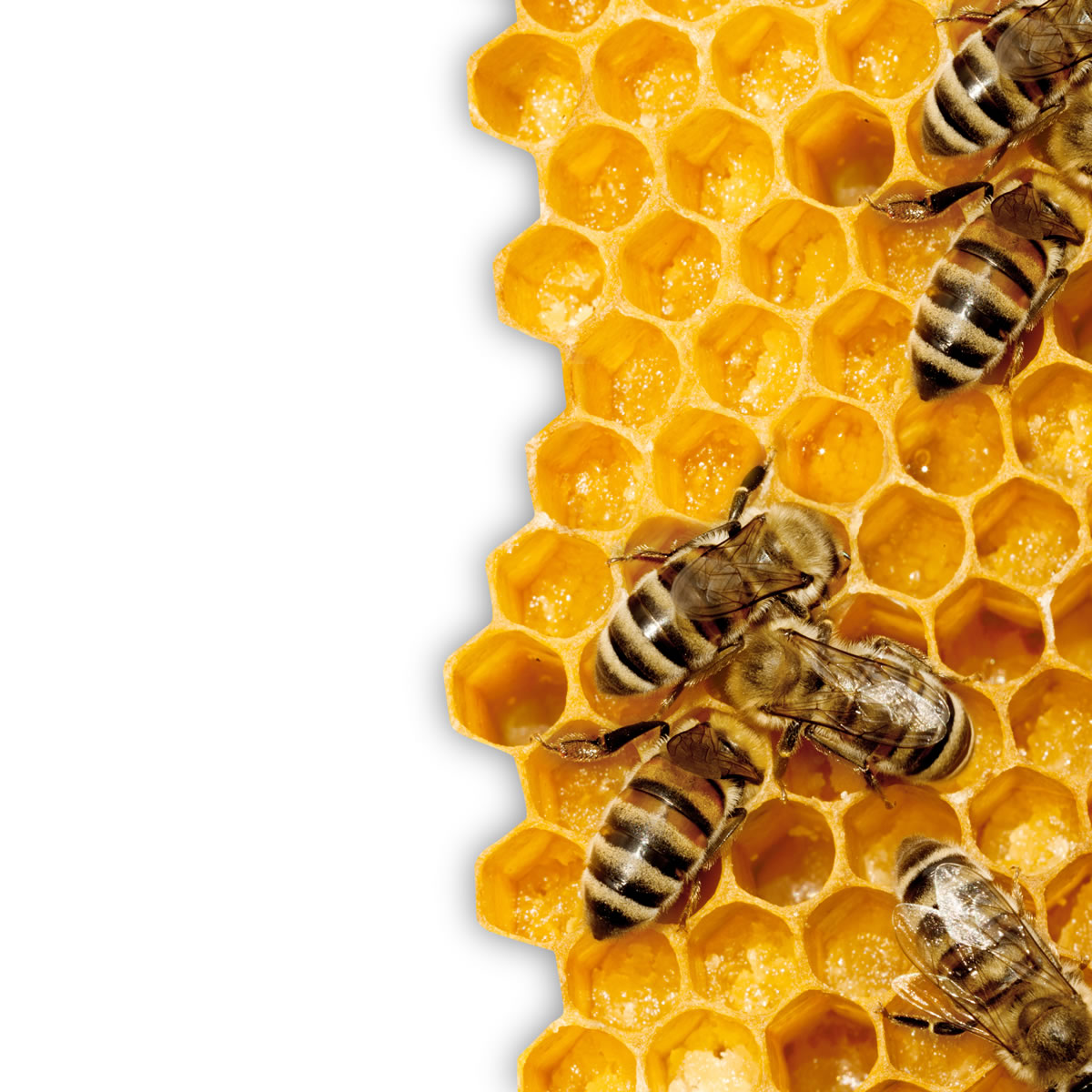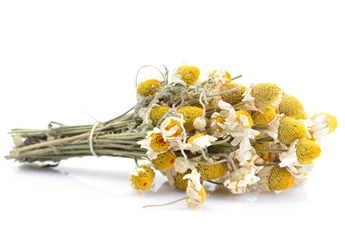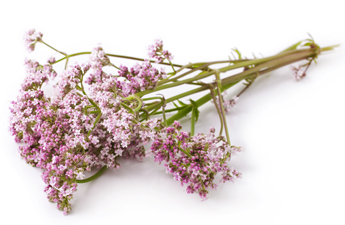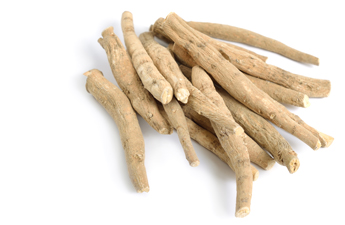10 Reasons We Love PropolisBy Kyla Sheffield
09/25/2017
You might be asking, “What is propolis?”…one great answer is ‘Bee Glue!’
Propolis is made by bees from tree resins they collect and mix with wax and saliva. This sticky and antimicrobial substance is then used to patch up their hive. Propolis helps seal the beehive from intruders and prevents outbreaks of viruses and bacteria.
The word propolis comes from the Greek word which means “to guard the city,” and it does just that!
Propolis has been used medicinally for centuries, and science is finally catching up. It has been found to have antibacterial, antiviral, antifungal, anti-inflammatory, anaesthetic, antioxidant, and anti-tumor actions.
PLEASE NOTE: If you have allergies to bees, or bee products, check for sensitivity before using propolis!
OUR FAVOURITE USES FOR PROPOLIS
- Immune Support
As a powerful antibiotic, antiviral, antifungal and antiseptic, propolis supports the immune system to fight off infection. It also contains proteins and compounds that have the ability to alter and regulate the immune response…making it a doubly-whammy against invaders! Not only that, but propolis also increases phagocytosis – the process that helps the body get rid of foreign material and recover from the stress caused by infection.
Many of us here at HHC swear by propolis, and always have some on hand to use it at the first sign of a cold or flu…because it works!
- Sore Throats
Propolis also has natural anaesthetic and anti-inflammatory properties. In my opinion, nothing tops propolis for sore throats. Either used as a spray (check out our propolis and manuka spray here), or a dropperful of liquid extract gargled with some water. It soothes & tones the mucous membranes in the throat while fighting the infection.
- Wound Healing
Propolis has long been used to speed the healing of wounds. Traditionally it was used in the form of natural honey, which still contained some propolis. Unfortunately in our modern world, most honey has been filtered to sufficiently remove the propolis. But fortunately, you can use liquid propolis extract directly on cuts & wounds. It seals the wound, creating a ‘second skin’, and speeds healing time. This is really excellent for open cuts & infected wounds. You can also find propolis creams or salves which are also effective, but won’t stop the bleeding as fast as the liquid extract.
Researchers studying the use of propolis for leg ulcers concluded: “The propolis skin cream appears to have beneficial effects on burn wounds, inflammation of the skin, and other skin lesions. According to the results of our study, it can also be concluded that propolis skin ointment appears to have beneficial effects on healing venous ulcers. Propolis has been shown to stimulate various enzyme systems, cell metabolism, circulation, and collagen formation.”
- Cold Sores & Genital Herpes
Propolis is also highly antiviral, and is now used in many commercial cold sore and herpes creams. You can also use liquid propolis extract directly on cold sores to help seal the wound and speed healing time. If you are prone to cold sores, using propolis internally may also help your body fight the infection from within due to its antiviral action.
- Digestion & Ulcers
Propolis is active against certain fungi (Candida) and parasites (Giardia). It also helps the body to remove the foreign invaders and preserves human gut microflora (unlike antibiotics). It has been found useful for chronic gastritis, stomach ulcers and colitis, due to its antibacterial, anaesthetic, wound healing and anti-inflammatory actions.
According to the book ‘The Miracle of Propolis’ by Mitja Vosnjak, an Austrian doctor and beekeeper named Dr. Franz Klemens Feiks compared the results of propolis treatment and conventional treatment for stomach and duodenal ulcers. He found that within 3 days 70% of the patients treated with propolis found relief from pain (compared to 10%), and had a lesser chance of the disease recurring.
- Canker Sores
These little things can be a real pain in the mouth! Good news – research has found propolis to be of great assistance in speeding healing time. For recurrent sufferers, a mouthwash containing propolis would be a great addition to your oral care regime.
- Acne & Skin Care
Believe it or not, propolis is also used for pimples! Best used as a cream (as straight propolis extract can temporarily discolour the skin!), the antibacterial properties of propolis keep the bacterial balance of the skin under control. The antioxidant properties of propolis are now also being used in anti-ageing creams.
- Oral Health
Propolis is quickly becoming a popular ingredient in toothpaste, mouthwash and other oral care products due to its antimicrobial properties. NYU Langone Medical Center notes that studies have shown that people who use propolis mouthwash after oral surgery have faster healing times. Another study found propolis extract reduced levels of Streptococcus mutans in saliva, and concluded that propolis is a promising cariostatic (a cavity-preventing agent).
- Potential Cancer Treatment?
Research has found propolis to have anti-tumour effects. A study in the American Journal of Biochemistry and Biotechnology found propolis to trigger aptosis (cell death) in MCF-7 breast cancer cells. In another study, Professor Maruta found propolis effective in the treatment of neurofibromatosis (NF), a rare genetic disease often associated with tumours in the brain, along the spinal cord and on the skin.
- Antioxidant
Because of the high levels of flavonoids found in propolis, it has high value as an antioxidant free radical scavenger in humans. Of particular interest is its ability to protect vitamin C from being oxidised or destroyed.
So there you go…10 big reasons to get to know this amazing gift from the honeybees.
Did we mention…WE LOVE PROPOLIS!!
Here are some links for further reading:
The Miracle of Propolis, Mitja Vosnjak, 1978
https://www.naturalhealth365.com/0898_canker_sore.html/
http://www.snydershoney.com/facts/propolis/
http://www.propolis.com.au/benefits-of-propolis.htm
http://www.propolis.com.au/propolis-research.htm
https://www.hindawi.com/journals/ecam/2013/254017/
http://www.naturalnews.com/040533_propolis_cancer_prevention_immune_function.html
http://thescipub.com/abstract/10.3844/ajbbsp.2010.84.88
http://www.ncbi.nlm.nih.gov/pubmed/19917137
http://www.sciencedirect.com/science/article/pii/S0014299908002616
http://www.ncbi.nlm.nih.gov/pubmed/15563208
http://www.ncbi.nlm.nih.gov/pubmed/20041423
http://www.ncbi.nlm.nih.gov/pubmed/19128266
http://www.ahealthgroup.com/folk-medicine/propolis.html
http://www.myhealthwire.com/news/herbs-supplements/303
http://www.sciencedirect.com/science/article/pii/S0378874107002474





 Nextwave
Nextwave

